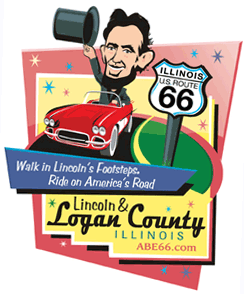| |||||||||||
| |||||||||||
In a note to investors, Stifel analyst Mark Astrachan said that his understanding was that Monster was not alone in the receiving the subpoena in July, suggesting other energy drink companies may be involved as well. A representative for Red Bull, the nation's second-biggest energy drink maker by volume, said the company does not comment on legal matters. A representative for Rockstar, the third-largest energy drink maker, could not be reached. A representative for Monster declined to comment beyond what was disclosed in the filing. A representative for The Coca-Cola Co. said the company is not aware of any subpoena or notice of investigation regarding its energy drinks, which include Full Throttle. A representative for PepsiCo Inc., which makes Amp, declined to comment. Last year, Monster had a 35 percent share of the energy-drink market based on volume, while Red Bull had 30 percent and Rockstar had 19 percent, according to Beverage Digest. Coca-Cola and PepsiCo are far smaller players in the arena, with about 5 percent each. The investigation disclosed by Monster is just the latest red flag for the energy drink market. In April, Sen. Dick Durbin, D-Ill., called on the Food and Drug Administration to investigate the industry, noting that the high levels of caffeine and stimulating additives in the drinks could be dangerous for younger consumers. The letter came after a 14-year-old Maryland girl died of a cardiac arrhythmia after drinking two 24-ounce cans of Monster energy drinks in a short time. A representative for Durbin's office said they did not know which state was investigating the Monster case. In May, the FDA sent a letter to Rockstar noting that its Coffee & Energy drinks contain Ginkgo biloba, an unapproved food additive. The agency noted that Rockstar labels its drinks dietary supplements, yet markets them as conventional beverages. In the past two years, Monster's shares have more than tripled, from about $22 and hit a high of about $79 in June. On Friday, the shares closed down 11 percent at $54.27.
[Associated
Press;
Copyright 2012 The Associated
Press. All rights reserved. This material may not be published,
broadcast, rewritten or redistributed.
News | Sports | Business | Rural Review | Teaching & Learning | Home and Family | Tourism | Obituaries
Community |
Perspectives
|
Law & Courts |
Leisure Time
|
Spiritual Life |
Health & Fitness |
Teen Scene
Calendar
|
Letters to the Editor